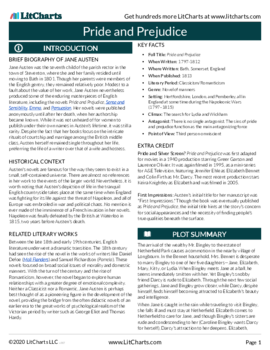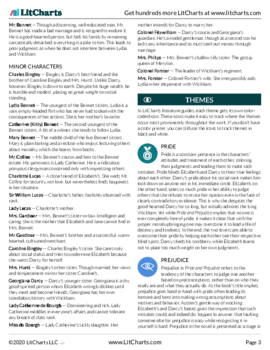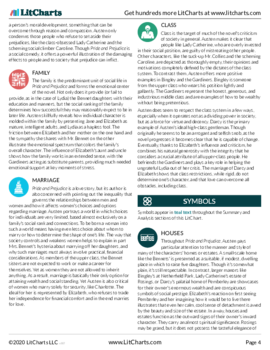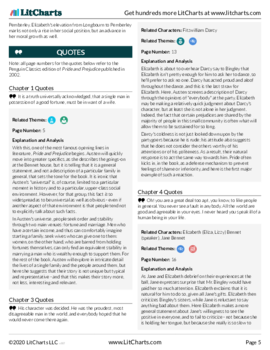- All's Well That Ends Well
- Antony and Cleopatra
- As You Like It
- The Comedy of Errors
- Coriolanus
- Cymbeline
- Hamlet
- Henry IV, Part 1
- Henry IV, Part 2
- Henry V
- Henry VI, Part 1
- Henry VI, Part 2
- Henry VI, Part 3
- Henry VIII
- Julius Caesar
- King John
- King Lear
- Love's Labor's Lost
- A Lover's Complaint
- Macbeth
- Measure for Measure
- The Merchant of Venice
- The Merry Wives of Windsor
- A Midsummer Night's Dream
- Much Ado About Nothing
- Othello
- Pericles
- The Rape of Lucrece
- Richard II
- Richard III
- Romeo and Juliet
- Shakespeare's Sonnets
- The Taming of the Shrew
- The Tempest
- Timon of Athens
- Titus Andronicus
- Troilus and Cressida
- Twelfth Night
- The Two Gentlemen of Verona
- Venus and Adonis
- The Winter's Tale
plus so much more...
-
Lines 1-4
The speaker of "Ode to Psyche" begins with a passionate cry: "O Goddess!" This direct apostrophe lets readers know that this is an ode—a poem of praise addressed directly to its subject. The subject, in this case, will be Psyche, the classical goddess of the soul; the speaker intends to treat her with all the ceremonious respect a "Goddess" deserves.
He seems to have learned his manners from the poetry of her world. This first passage of the poem works a lot like an invocation, the little prayer to a god or a muse (a goddess of art and inspiration) that often appears at the beginning of an ancient Greek or Roman poem. (The Odyssey, for instance, famously begins, "Sing to me, Muse!") Here, though, the poet isn't asking Psyche to sing to (or through) him, but asking her to listen while he sings his "tuneless numbers"—a song without music—to her.
But he seems a little sheepish about asking her to listen! In fact, he begs Psyche's pardon:
And pardon that thy secrets should be sung
Even into thine own soft-conched ear:Why on earth would this singer feel like he has to apologize for singing Psyche a song of praise about herself? The clue is in what she's the goddess of. As the goddess of the soul and the mind (one can find her name even today in words like "psychology"), she's the guardian of the inner life—and, as the reader will see, this poem is going to celebrate the inner life using all the powers of that inner life. In other words, he's using his own "psyche" to praise Psyche! Maybe he's right to blush a little.
The speaker vividly expresses his closeness to his subject in a moment of vivid imagery. He's not just singing this song into Psyche's ear, but whispering it into her "soft-conched ear." Here, he imagines that the ear looks like a shell, with whorls like a conch—but it's also soft. It's as if he's so close to Psyche that his lips are brushing her ear as he speaks. The gentle assonance of "soft-conched," and the sibilance of "pardon that thy secrets should be sung," heightens that feeling of whispery closeness even more. This will be an intensely intimate poem of the imagination.

|
PDF downloads of all 3053 of our lit guides, poetry guides, Shakescleare translations, and literary terms.
PDF downloads of all 1909 LitCharts literature guides, and of every new one we publish.
Learn more
|

|
Explanations for every quote we cover.
Detailed quotes explanations (and citation info) for every important quote on the site.
Learn more
|

|
Instant PDF downloads of 136 literary devices and terms.
Definitions and examples for 136 literary devices and terms. Instant PDF downloads.
Learn more
|

|
Compare and contrast related themes.
Compare and contrast Related Themes across different books.
Learn more
|

|
Teacher Editions for all 1909 titles we cover.
LitCharts Teacher Editions for every title we cover.
Learn more
|

|
PDFs of modern translations of every Shakespeare play and poem.
PDFs of modern translations of every Shakespeare play and poem.
Learn more
|

|
Advanced search across our collection.
Advanced Search. Find themes, quotes, symbols, and characters across our collection.
Learn more
|

|
Line-by-line explanations, plus analysis of poetic devices for lyric poems we cover.
Line-by-line explanations, plus analysis of poetic devices for every lyric poem we cover.
Learn more
|


For every lyric poem we cover.



Literature Guide PDFs
LitCharts PDFs for every book you'll read this year.



Quotes Explanations
For all 42,208 quotes we cover.





Teacher Editions
Time saved for teachers.
For every book we cover.
Common Core-aligned



PDFs of modern translations of every one of Shakespeare's 37 plays, 154 sonnets, and 3 longer poems.


Plus a quick-reference PDF with concise definitions of all 136 terms in one place.






















